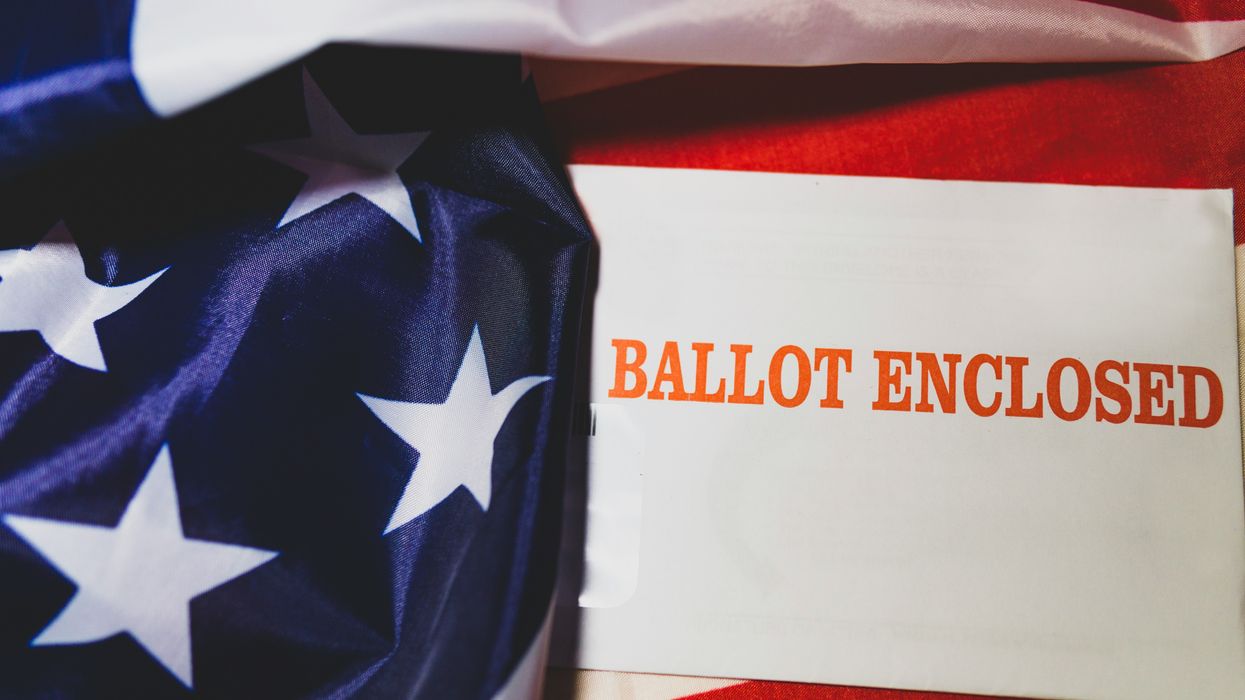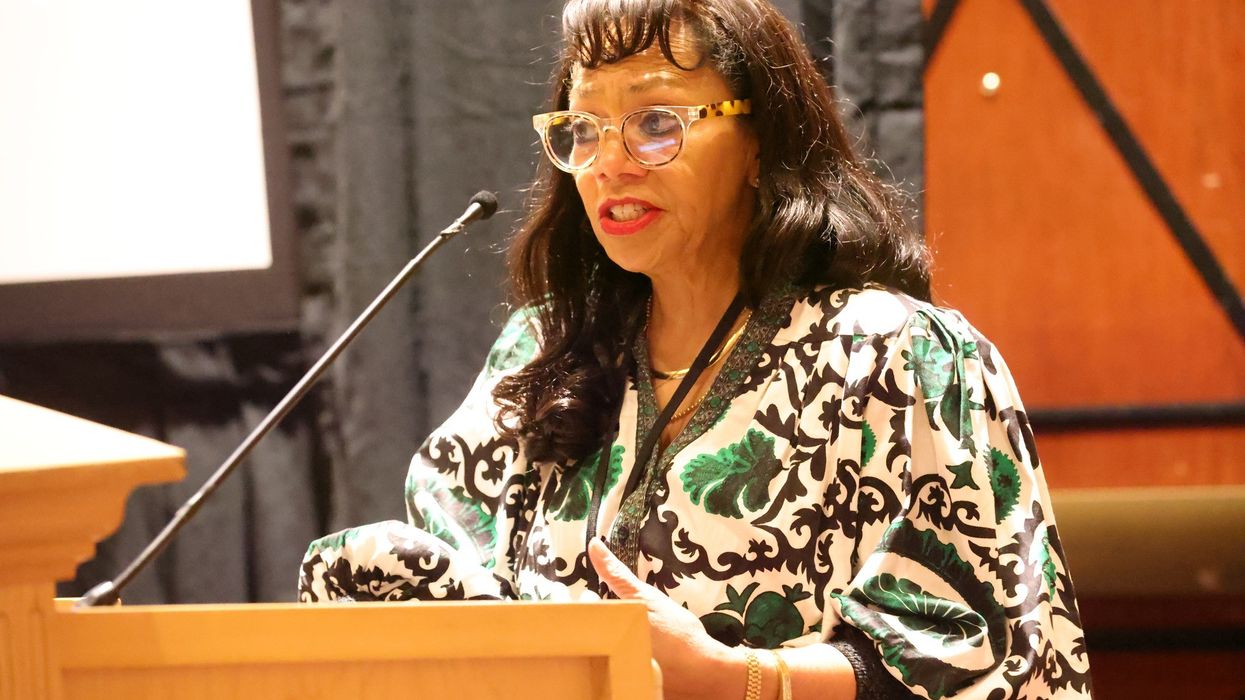It's the time again... election season. Elections are a cornerstone of democratic societies, providing citizens with the opportunity to influence their government and the policies that shape their lives. However, this process is not without its stressors. The intense campaigning, divisive political rhetoric, and uncertainty associated with election outcomes can have profound effects on mental and emotional health. Research indicates that elections can lead to heightened anxiety, increased stress, and even social tension, which can, in turn, impact overall well-being. Understanding these effects is crucial for both individuals and mental health professionals as they navigate the political season.
1. Increased Anxiety and Stress
One of the most commonly reported effects of elections is an increase in anxiety and stress among the public. This phenomenon, often referred to as "election stress disorder," is characterized by feelings of worry, unease, and heightened vigilance that can affect sleep, concentration, and overall mood. According to a 2020 report from the American Psychological Association (APA), two-thirds of American adults reported that the presidential election was a significant source of stress in their lives. The APA noted that election-related stress was even more prevalent among those who identify with a political party, with concerns about the future of the nation being a primary stressor (American Psychological Association, 2020).
Anxiety during elections can stem from various sources. For many, it’s the sense of uncertainty—people are uncertain about the outcome and what it will mean for issues they care about, such as healthcare, immigration, or climate policy. This uncertainty can lead to a feeling of a lack of control, which is a known contributor to anxiety (Hoffman, 2020). Additionally, the constant media coverage and political advertisements bombard people with information, some of which is exaggerated or inflammatory, further feeding into the cycle of anxiety and worry.
2. Polarization and Social Tension
Elections often intensify political polarization, leading to strained relationships between family members, friends, and coworkers. Research suggests that political polarization has increased substantially over recent decades, and election seasons exacerbate this divide (Iyengar, Sood, & Lelkes, 2012). In times of high political tension, conversations about political beliefs can become contentious, resulting in feelings of anger, frustration, or alienation. Some people may even withdraw from social interactions to avoid potential conflicts, which can contribute to feelings of loneliness and isolation.
A study published in Social Science & Medicine found that political polarization during elections can also harm community relationships and create divides in neighborhoods, schools, and workplaces (Muñoz & Pavon, 2020). People often sort themselves into echo chambers, either online or in person, where they reinforce their own views without exposure to differing perspectives. This can increase hostility and reduce empathy toward those with differing opinions, further contributing to emotional distress and social discord.
3. Fear and Uncertainty About the Future
Elections often bring issues of national importance to the forefront, such as economic policy, healthcare reform, and climate change. For individuals who feel strongly about these issues, the prospect of an unfavorable election outcome can lead to intense feelings of fear and uncertainty about the future. These feelings can be especially pronounced in marginalized communities that may feel particularly vulnerable to certain policy changes.
The 2016 U.S. presidential election, for example, saw a significant increase in reports of anxiety among minority groups and immigrants who feared the implications of proposed immigration policies. A study conducted by the Kaiser Family Foundation found that people with preexisting mental health conditions, such as anxiety or depression, were especially susceptible to election-related stress, experiencing worsening symptoms during election years (KFF, 2016). The fear of losing rights or protections can amplify these feelings, leading to what some psychologists describe as "election trauma," which can linger well beyond the election itself.
4. Disillusionment and Cynicism
Another emotional effect of elections is the potential for disillusionment and cynicism, especially among young people. When individuals perceive elections as unfair or manipulated by external forces, they may feel disenfranchised or lose faith in the political process. This can lead to a sense of helplessness and hopelessness, which are associated with depression.
According to a report by the Pew Research Center, younger voters, in particular, are more likely to feel disillusioned by the political process, and they are more likely to see the government as dysfunctional or unrepresentative (Pew Research Center, 2021). These feelings can lead to political apathy, decreasing voter turnout in future elections and fostering a sense of disconnection from one’s civic duties. Cynicism about politics can also create a feedback loop, where individuals feel that their participation doesn't matter, leading to a withdrawal from political engagement, which only reinforces feelings of powerlessness.
5. The Role of Media in Exacerbating Election Stress
The 24-hour news cycle and the prevalence of social media can intensify election-related anxiety. Constant exposure to news, especially when it is sensationalized or biased, can increase feelings of stress and even paranoia. A study conducted by the University of Pennsylvania’s Annenberg Public Policy Center found that individuals who consume more election-related media, particularly on social media, tend to report higher levels of stress (Bleakley & Hennessy, 2018). The rapid spread of misinformation and emotionally charged content can contribute to an environment of fear and hostility.
Coping Strategies for Election-Related Stress
While the mental and emotional effects of elections are significant, there are ways to cope. Experts recommend the following strategies for managing election-related stress:
- Limiting media consumption: Reducing exposure to news and social media can help lessen feelings of anxiety and allow individuals to process information more calmly.
- Engaging in self-care activities: Exercise, meditation, and other self-care practices can help reduce stress levels and improve mental well-being.
- Maintaining social connections: Although political discussions can sometimes be tense, having a support system of friends and family who share similar or different views can provide comfort and perspective.
- Focusing on civic engagement: For those feeling powerless, finding ways to contribute positively, such as volunteering or advocating for causes, can help restore a sense of agency and purpose.
Conclusion
The mental and emotional effects of an election are complex and multifaceted. Elections can evoke feelings of stress, anxiety, and fear, particularly in politically polarized environments. While these effects can be challenging, awareness and proactive coping strategies can help individuals navigate the emotional turbulence of election seasons. As society becomes increasingly aware of these impacts, mental health professionals and public health organizations are beginning to recognize the importance of addressing election-related stress, underscoring the connection between political processes and personal well-being.
References
- American Psychological Association. (2020). Stress in America 2020: A national mental health crisis.
- Bleakley, A., & Hennessy, M. (2018). The impact of political media exposure on anxiety and engagement: Annenberg Public Policy Center.
- Hoffman, M. (2020). Election Stress Disorder: How to cope with election stress. Psychology Today.
- Iyengar, S., Sood, G., & Lelkes, Y. (2012). Affect, not ideology: A social identity perspective on polarization. Public Opinion Quarterly, 76(3), 405–431.
- Kaiser Family Foundation. (2016). Health and the 2016 election: Health issues and the election.
- Muñoz, F., & Pavon, M. (2020). Political polarization and social impact in election periods. Social Science & Medicine.
- Pew Research Center. (2021). Views on the government’s role and performance.









 Karla Mingo believes that her greatest gift as a cancer survivor is the ability to live with gratitude and thankfulness.
Karla Mingo believes that her greatest gift as a cancer survivor is the ability to live with gratitude and thankfulness.




 Dr. Cary S. Kaufman teaches the "Essentials of Oncoplastic Surgery" course through the National Consortium of Breast Centers, providing breast surgeons around the world with advanced techniques for optimal breast surgery outcomes.
Dr. Cary S. Kaufman teaches the "Essentials of Oncoplastic Surgery" course through the National Consortium of Breast Centers, providing breast surgeons around the world with advanced techniques for optimal breast surgery outcomes.